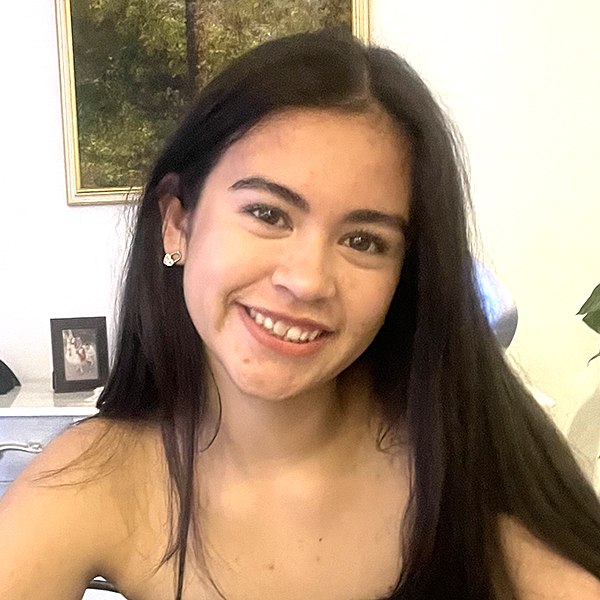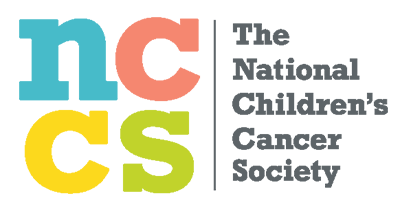Meet Olivia Catayong

Years Awarded:
2024-2025
While having cancer may not steer my career path today, the experience as a whole gifted me with a compass that guides me to be inclusive and create community wherever I go.
When I think back to battling cancer, I think about lemon Italian ice. I still remember the pleasure I felt every time it greeted my five-year-old taste buds when I woke from the bubblegum scented anesthesia. I also think about how I learned new vocabulary words, like when the doctors said they’d bring me “several” ice packs to cool my little balding body, and there weren’t exactly seven as I expected. Besides the scars on my belly, little memories like these are the only things I’ve taken away from my experience; not the urge to research a cure or the inspiration to become a doctor, simply a few innocent memories. Looking back now, it wasn’t the blur of fruity flavors and friendly physicians that had the greatest impact on me, but rather the eventful journey that became its aftermath.
When I rejoined the world after eight months in isolation, I felt like I constantly stood out. I heard labels of “strong”, “special”, and “survivor” more than my own name. Instead of the jump rope, I was handed construction paper get-well cards from classmates. As I roamed the aisles of our local Blockbuster, searching for a new video game, my nearly hairless head sparked confused looks from other kids and inquiries of, “Are you a girl or a boy?” The endless reminders that I was “different” were suffocating. More than anything else, I wanted the isolation I felt to disappear, so I tried my hardest to make sure I always felt connected.
At summer camp, I approached everyone with a smile. On the playground, I invented games to play with the other kids. Everywhere I went I was determined to build relationships and start conversations so I could make friends and feel accepted by others. In the classroom specifically, my chronically chatty methods were not always appreciated by my teachers – which they made very clear to my mom at parent-teacher conferences – but were effective, nonetheless.
As I got older, Run D.M.C.’s “You Talk Too Much” thankfully ceased to be my defining song, and I felt my cancer dwindle into a thing of the past. But even though my scars may have faded, my eagerness to reach out to those around me never did. Instead, my motivation for doing so changed, as I became less focused on finding inclusion for myself and more inspired to create it for others.
Today, when a new kid takes their seat in class, I instinctively introduce myself, learning shortly thereafter of their long travels leading to this day. When I’m assigned to a project with a group of hesitant speakers, I start conversations, sparking relieved smiles as we realize we’re all a bit lost on the directions. When I spot a girl standing alone in the comer on our first day of rehearsal, I talk to her, soon nodding in agreement that Urinetown really is an odd title for a show. In moments like these, I recognize the fear of not being accepted blended with the uncertainty of circumstances that these former strangers must be feeling. It’s a sense of exclusion that my reemergence from cancer forced upon me, and one that I’ve learned can arise within anybody. I know it’s unpleasant, and can be almost crippling, so I always take advantage of opportunities like these to alleviate those feelings in others.
I once believed my lack of oncological aspirations meant the effects of my battle with cancer were insignificant. I learned, though, that I simply internalized different desires that are just as important. While having cancer may not steer my career path today, the experience as a whole gifted me with a compass that guides me to be inclusive and create community wherever I go.
